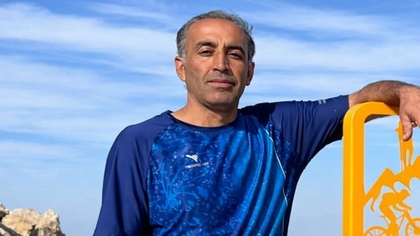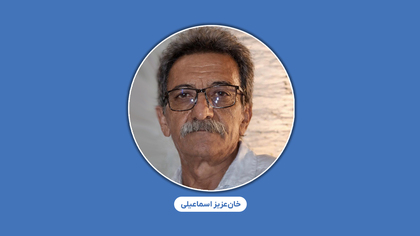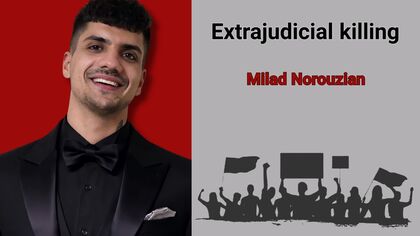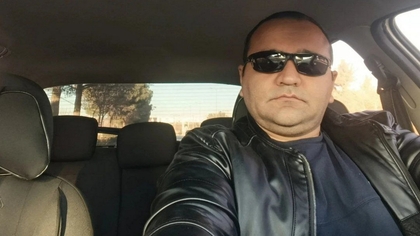Risk of Execution for Hamid Hosseinnejad and His Children’s Plea for His Innocence
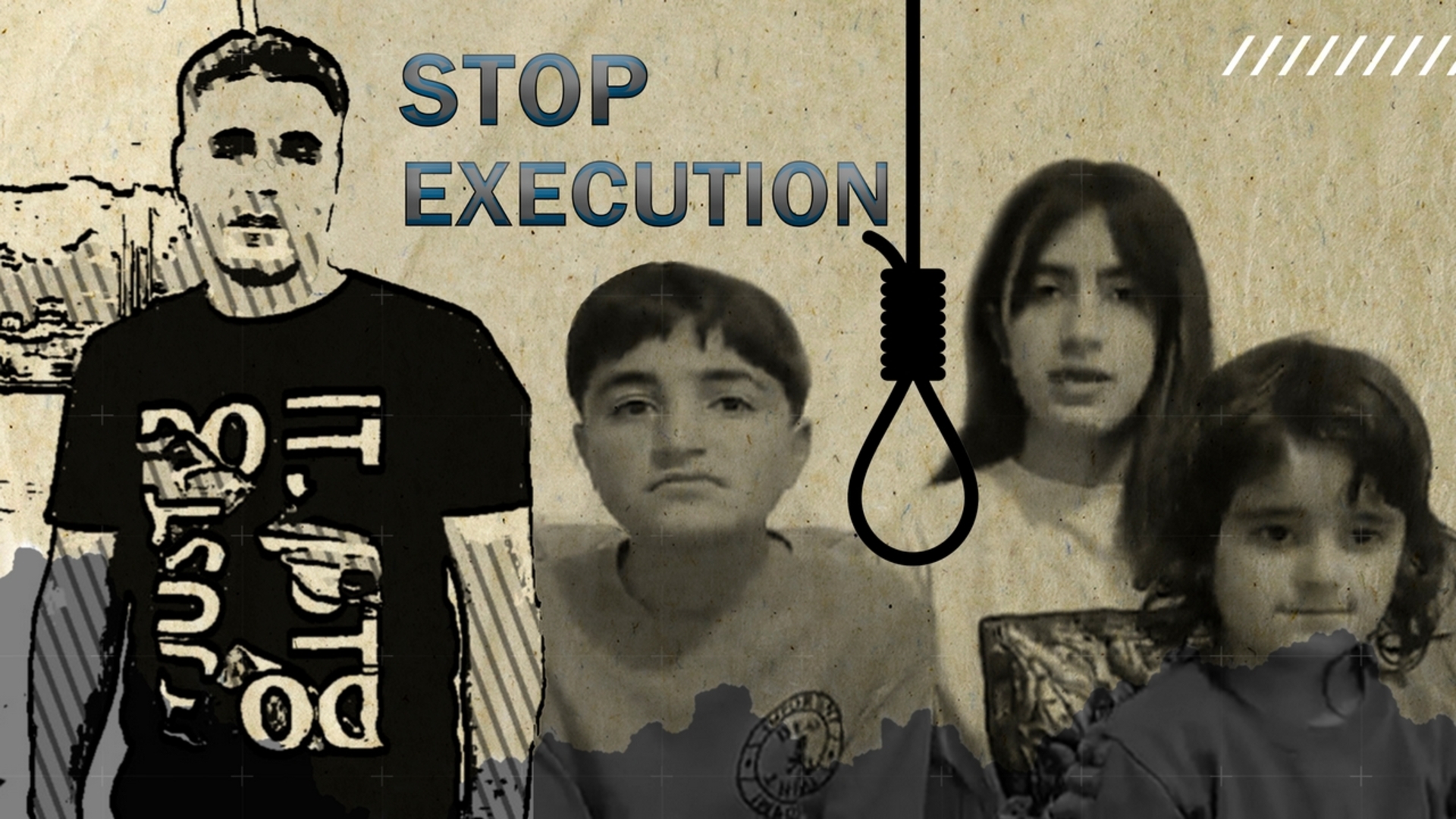
April 11, 2025 – With the Supreme Court’s Branch 9 upholding the death sentence of Hamid Hosseinnejad Heidaranlou, and the official notification of the verdict on March 26, 2025, at Urmia Central Prison, his young children have published a video message calling for the immediate halt of his execution and an independent review of his case. They assert that their father’s innocence is clearly provable through solid evidence, which the Iranian judiciary refuses to acknowledge.
Dismissal of Exonerating Evidence:
In the video, his daughter Ronahi Hosseinnejad, appearing alongside her younger siblings, explains that at the time of the “incident” that led to their father’s arrest, he and the entire family were in Turkey. This claim is backed by official entry and exit stamps on their passports at the Bazargan border crossing, as well as cellphone signal data confirming the father’s presence in Turkey on the specified date.
“Despite this evidence, my father’s lawyers were denied access to his case files. The judiciary refuses to accept proof of his innocence and intends to sacrifice my innocent father,” Ronahi says.
She emphasizes that her father is illiterate, and after his arrest, he was held for 11 months and 10 days in security detention centers, where he was subjected to severe physical and psychological torture, eventually being forced into making false confessions.
A Family’s Cry for Justice:
More than ten years old, Ronahi has taken a public stand to save her father, alongside her younger brother and sister. Through a tearful plea, she addresses international organizations, especially Dr. Mai Sato, the UN Special Rapporteur on the situation of human rights in Iran:
“To the United Nations, human rights organizations, and especially Dr. Mai Sato: please hear us. My father is innocent. Don’t let him be executed.”
Full Transcript of the Children’s Appeal Video:
In the name of justice, in the name of humanity
I am Ronahi Hosseinnejad, daughter of Hamid Hosseinnejad, from the village of Sagriq, in the Chaldoran district.
At the time of the conflict in Chaldoran, I, along with my father, mother, and brother, was on a trip to Turkey. Our presence there is fully provable—through passport stamps at the Bazargan border crossing, and mobile signal data showing my father’s exact location in Turkey on that date.
Despite these documents, our lawyer was banned from accessing my father’s case. Multiple attempts have been made to prove his innocence, but the judiciary refuses to acknowledge it and is trying to make an example of him.
My father is illiterate, and was subjected to intense torture—physical and psychological—for 11 months and 10 days in security detention. As a result, he was forced to confess to crimes he did not commit.
As a daughter witnessing her father being unjustly sentenced to death, I implore the international human rights bodies, the United Nations, and especially Dr. Mai Sato, to hear our cry.
Please, don’t let my father be executed. Don’t let us grow up without a father.
Call for Urgent International Action:
The Hosseinnejad family’s appeal underscores the critical need for urgent international intervention—to stop the execution, ensure an independent case review, and grant the defense full access to case files. Given the serious evidence of due process violations, this case represents a crucial test of international response to political death sentences in Iran.
Details of the Death Sentence Confirmation
According to informed sources, Branch 9 of the Supreme Court has upheld the death sentence of Hamid Hosseinnejad Heidaranlou, a resident of Sagriq village, part of Chaldoran County. The sentence was formally delivered to him in Urmia Central Prison on March 26, 2025.
He had previously been arrested on April 12, 2023, by border security forces near Chaldoran, then transferred to the Intelligence Detention Center in Urmia. He was later sentenced to death by Branch 1 of the Revolutionary Court of Urmia, presided over by Judge Najafzadeh, on charges of “baghi” (armed rebellion) and membership in the Kurdistan Workers’ Party (PKK). This verdict was issued in July 2024 and contested in August 2024, but has now been definitively upheld by the Supreme Court.
